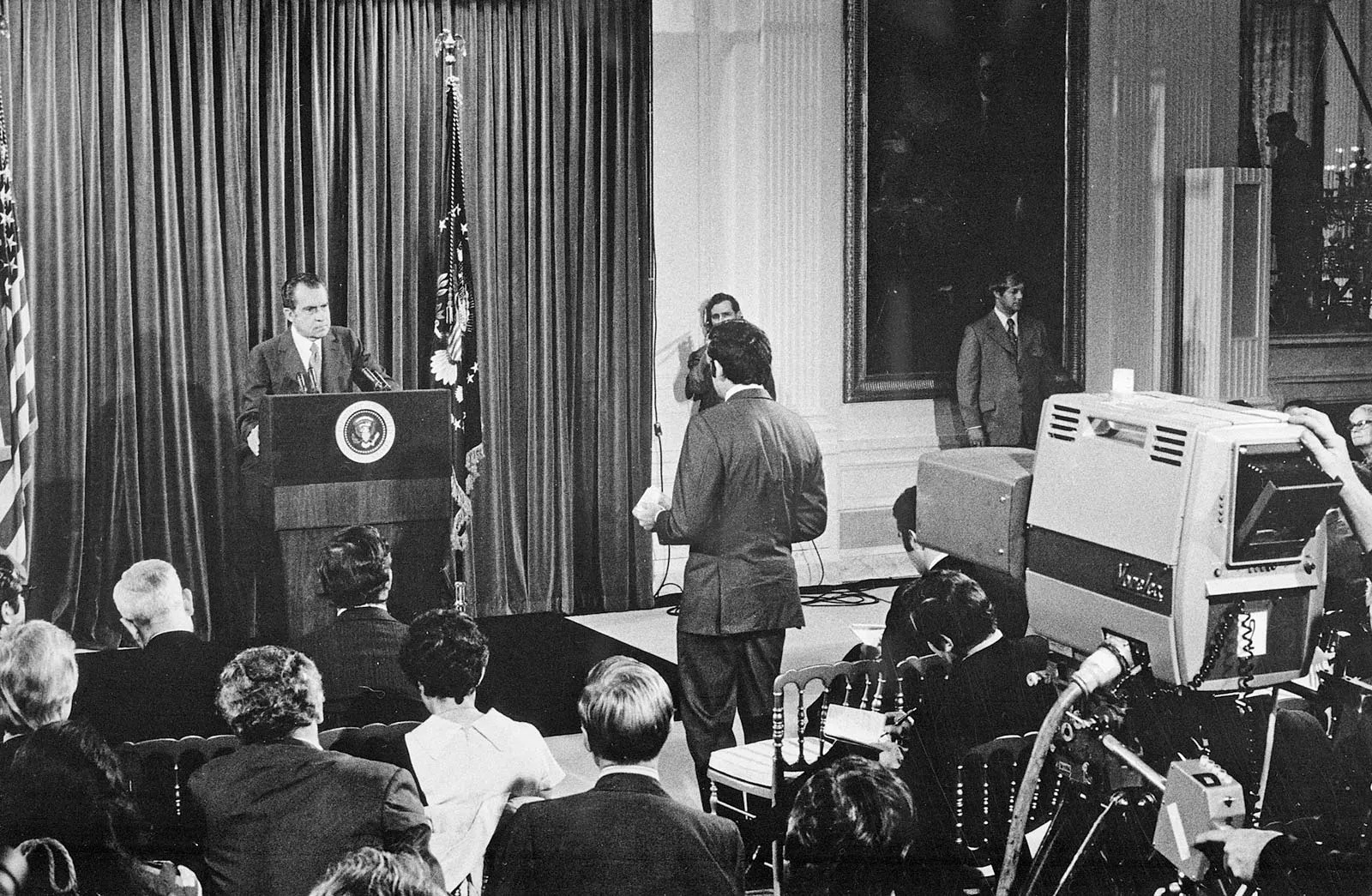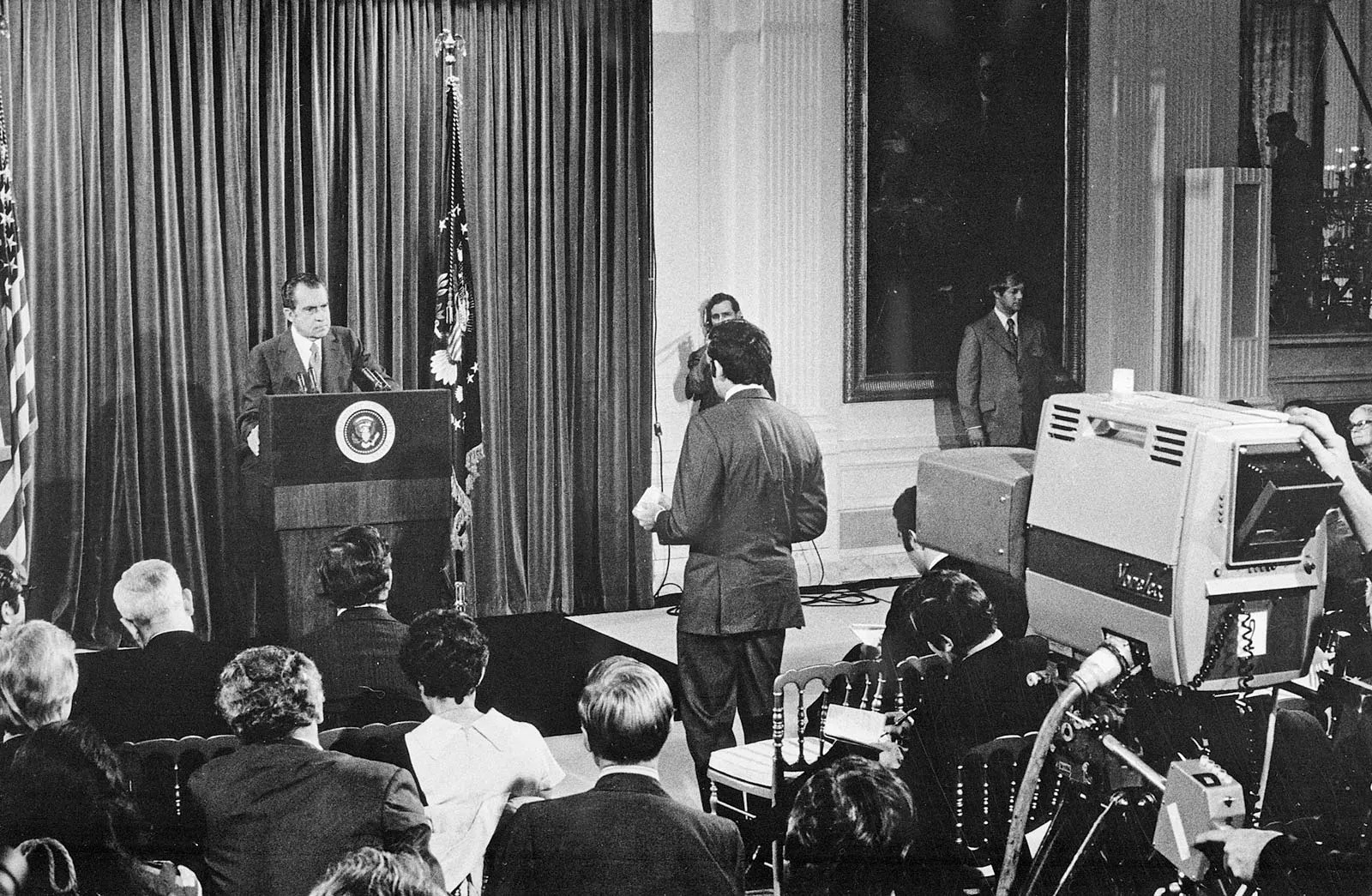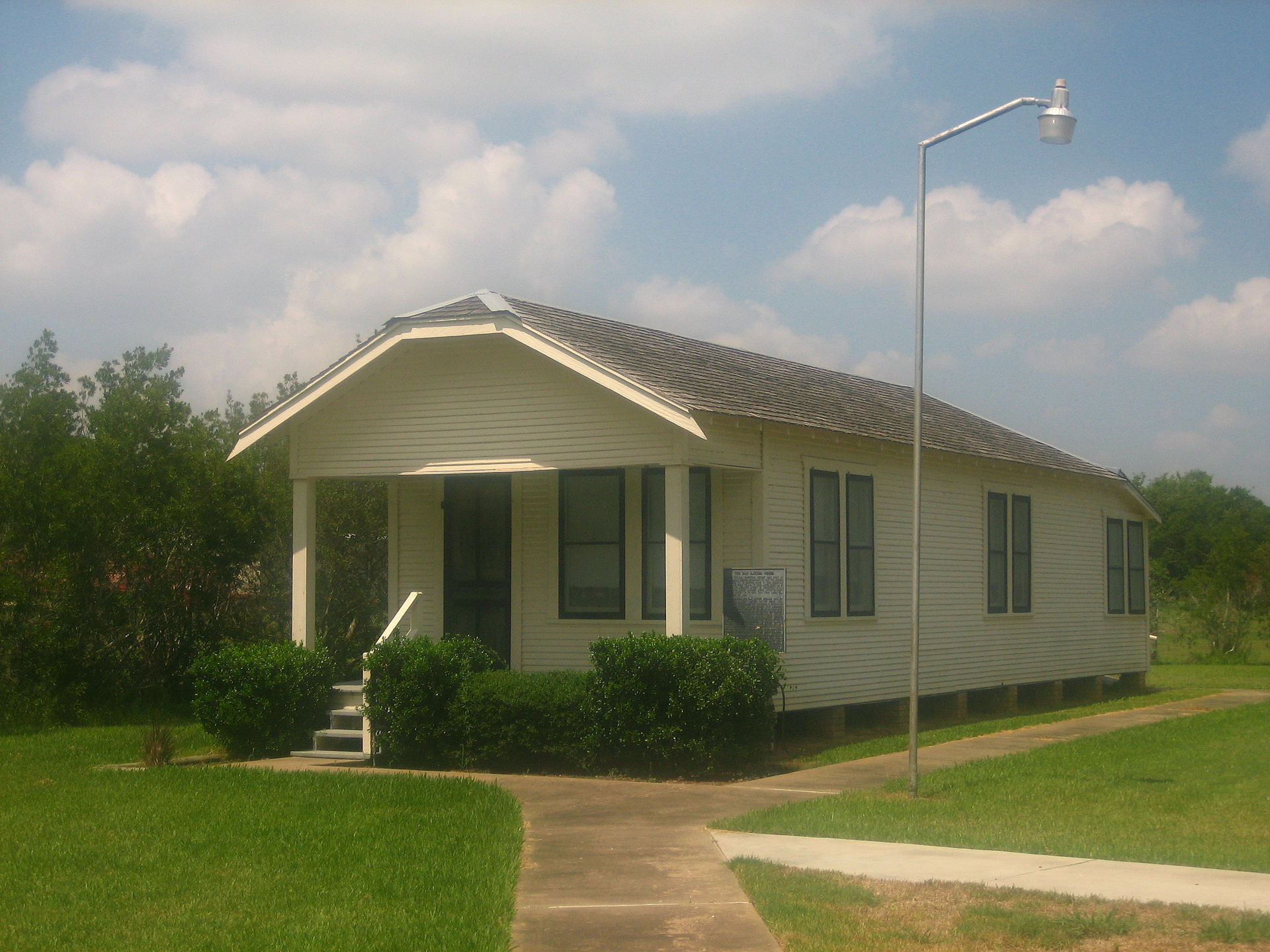Authors:
Historic Era: Era 10: Contemporary United States (1968 to the present)
Historic Theme:
Subject:
Fall 2024 | Volume 69, Issue 4


Authors:
Historic Era: Era 10: Contemporary United States (1968 to the present)
Historic Theme:
Subject:
Fall 2024 | Volume 69, Issue 4

Editor’s Note: After a distinguished career in journalism spanning six decades, Dan Rather reflected on patriotism and what it means to be an American in his recent bestselling book, What Unites Us: Reflections on Patriotism, coauthored with Elliot Kirschner. This essay was adapted from portions of the book.
It would be nice to say that I came out of the womb with a deep sense of fairness, that I lectured my friends in the segregated schools of my youth about the injustice of institutional racism, that my family dinner table was a hotbed of passionate discussion about the evils of Jim Crow. I would like to be able to say all of that, but it would not be true. The truth is, for most of my early life I had too little consciousness about race, and I didn’t have any deep personal empathy. It was just the way things were. It’s not an excuse by any means. It was just a fact. The banality of racism and segregation was one of its most disturbing qualities.
There is one moment from my youth, however, that is seared in my mind (although I confess that my memory is likely not precise; it was a long time ago). The year was 1946, I was in my early teens, and my father decided it was time I attend a precinct meeting to learn about civic life. The way politics in most states worked back then was that candidates were selected at state and national party conventions, not primaries. A precinct meeting chose delegates for a county convention, which selected delegates for the state or national party gatherings. And in Texas in the 1940s, being a Democratic candidate was tantamount to election, just as it had been since the Civil War.
It turned out that attendance at these meetings was normally an all-white and all-male affair of about maybe thirty-five to fifty people. But tonight there were four or five African American men also in attendance. By law, they had every right to be there. It was their precinct too, as my neighborhood, the Heights, abutted a predominantly African American neighborhood. But law and custom can be very different things.

I remember grumblings, stares, and tension. The African American men made it clear that they were both citizens and veterans of the recent war. I seem to recall that they brought their service records with them. For a